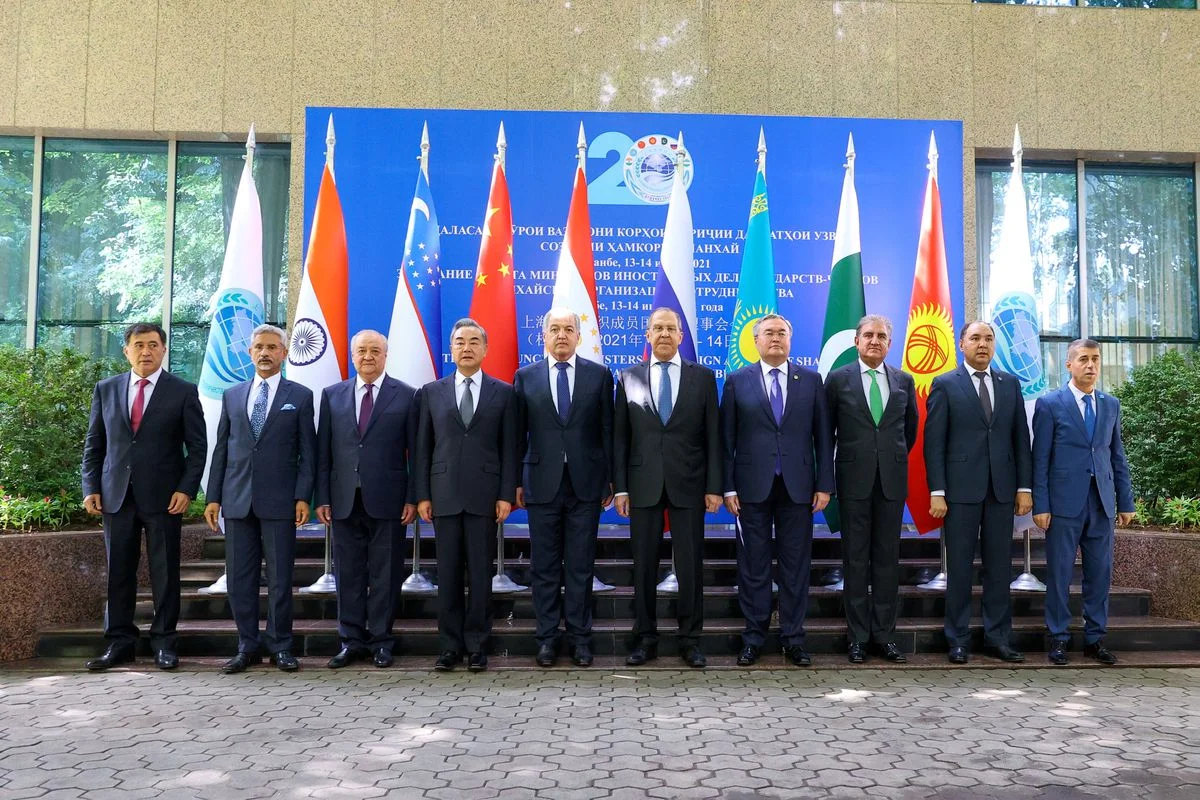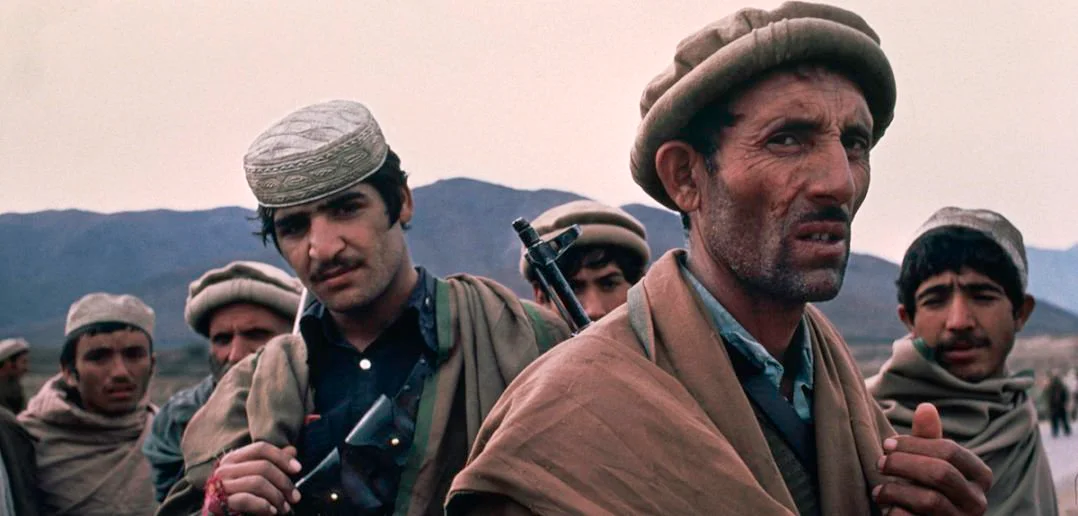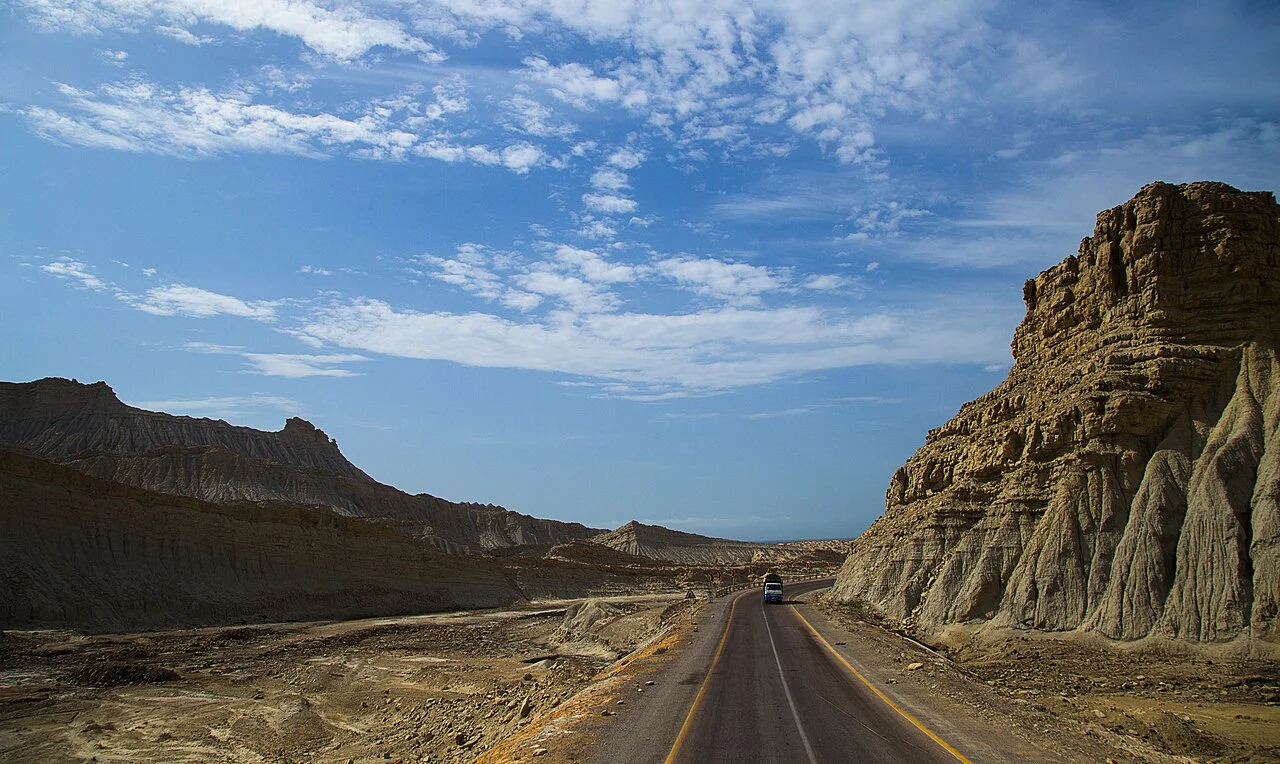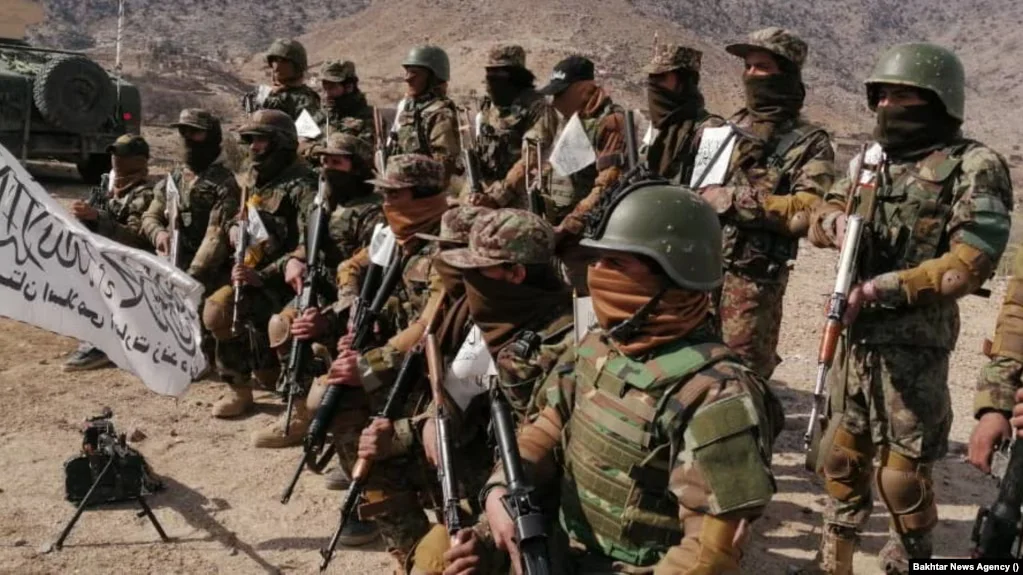The US withdrawal from Afghanistan, will allow space to create new alliances in South Asia. The SCO Summit 2021, is the first regional meeting to take place after the withdrawal, proves to be a success.
Significance of Shanghai Cooperation Organization
The Shanghai Cooperation Organization (SCO) was established, in June 2001; as a multilateral association to ensure security and maintain stability across the vast Eurasian region. It was to join forces to counteract emerging challenges and threats. Not only this, but it also aimed to enhance trade, as well as cultural and humanitarian cooperation.
Likewise, the purpose was to utilize mutual cooperation, preventing confrontation and conflict. Alongside, maintaining equal and indivisible security. SCO aims to build a just polycentric world order; in full conformity with the norms of international law and principles of mutual respect. Keeping in mind that the goals meet the interests of each State; while taking into account their mutual needs and aspirations.
The strategic significance of the SCO’s success for the security architecture in Asia has a number of dimensions. Over the years, the SCO has contributed to confidence-building and stability in Asia. The SCO’s anti-terror campaign has proved to be strategically important for anti-terror cooperation in Asia. Moreover, the SCO’s energy cooperation has strategic significance for energy security in Asia.
Since the quick and unorganized US withdrawal from Afghanistan, the South Asian region has been witnessing yet another transition. This new transition will allow space to create new alliances. The SCO Summit 2021, is the first regional meeting to take place after the US troop withdrawal from Afghanistan.
Given that the majority of the Eurasian states have shown support to the SCO observer state Afghanistan and its new government; in terms of not only humanitarian assistance but also in rebuilding Afghanistan. Western entities and their allies have activated their radars in the new turn of developments.
SCO Summit 2021
The year 2021, marks 20 years to the SCO. On 18th September, Friday, Member states and Observer states joined together at the SCO Summit 2021 at Dushanbe. Each country discussed vital points, which concerned regional development and prosperity.
States became a signatory to multiple future action plans under the SCO which included;
- Working plans of Anti-Narcotics strategy of 2023
- Plan of cooperation on the issues of maintaining international information security of 2023
- Adopting and joining the action to overcome the negative socioeconomic influence of the COVID Pandemic of 2021-2023.
- Improving mechanisms of cooperation and combating new challenges towards security.
- Security-related cooperation with the SCO and its Regional Anti-Terrorism Structure (RATS)
Additionally, Iran was welcomed as a new member state of SCO; while Egypt, Qatar and Saudi Arabia were marked as new dialogue partners.
In line with these future developments, Afghanistan was also a key issue towards which many leaders raised their support and concerns. The need for actions towards controlling extremism and radicalization in the region was also expressed.
China on Afghanistan
China’s President Xi Jinping said on Friday that member nations of the Shanghai Cooperation Organization (SCO) should help drive a smooth transition in Afghanistan. Likewise, he further insisted that SCO member states should guide Afghanistan to develop an inclusive political structure and follow moderate internal and external policies.
President Xi made an apparent reference to the US and NATO to fulfil their responsibilities towards Afghanistan’s future development as “instigators” of the situation.
Russia on Afghanistan
President Putin, at the SCO summit, urged the world to unfreeze Afghanistan’s assets and boost assistance to the war. Stating that Russia needs to work with the Taliban government in Afghanistan. Insisting that the failure to provide the necessary support to Afghanistan could allow terrorism and drugs to flourish. While pushing the country into a full-blown humanitarian crisis.
He added that the SCO security bloc should “use its potential” to “stimulate the new Afghan authorities” in fulfilling their promises on normalizing life and bringing security in Afghanistan.
India on Afghanistan
Prime Minister Narendra Modi on Friday expressed concerns over the situation in Afghanistan and asserted that “growing radicalization” is the biggest threat to global peace.
“The biggest challenges in this area are related to peace, security and trust deficit and the root cause of these problems are increasing radicalization. Recent developments in Afghanistan have made this challenge clear,”
He further asked SCO members to develop a shared template to fight extremism.
Pakistan on Afghanistan
Calling the Taliban Government a new reality, Prime Minister Imran Khan stated; “Going forward, we believe positive engagement of the international community with Afghanistan is extremely important. There is a rare opportunity to finally end the 40 years of war in Afghanistan. This moment should not be squandered,”
Furthermore, PM Khan stated that Afghanistan cannot be controlled from the outside. Pakistan will continue to support the sovereign state of Afghanistan. While stating this, PM khan made remarks indicating to certain states, “Associating one religion with terrorism has enabled far-right, populist and supremacist groups around the world to propagate, multiply and accumulate influence.’
Similarly, other observers and members states also showed keen interest in the rebuilding of Afghanistan and supporting its sovereignty.
Observer state Belarus stated at the Summit that; ‘countries should not impose their values on Afghanistan’.
SCO and Indo-Pacific Strategic Framework
Over the years, SCO has proven to be a success in bringing together Eurasia to achieve collective sustainable and progressive goals. However, with the increasing influence and maritime agenda of the Indo-Pacific Strategic Framework, the two intergovernmental organizations, in the same region are slowly building a competitive environment. As history tells, this will achieve anything but prosperity for those involved.
In the Eurasian region, the Indo-Pacific Strategic Framework brings together defence establishments and the strategic community with an approach inclined towards developing a strategic maritime nexus in the Asia-Pacific to maintain maritime order in the region. This becomes significant considering the US Indo-Pacific strategy report, which defines strategic competition in the region as ‘geopolitical rivalry between free and repressive world order visions’, and China as ‘a revisionist power’.
The SCO being the Eurasian initiative by China and Russia to consolidate a continental coalition in the heart of Asia, over the years has evolved into a multilateral arrangement of non-Western arenas for global governance. This is the prime reason that the West has always been critical about SCO as being the eastern counterweight to NATO.
Consequently, SCO with Russia and China was seen as a counter NATO, while QUAD, ( that includes the US and its treaty allies) to counter China and by extension Russia.
India, Juggling Between Two Powers
India is one of the few powers straddling the maritime and continental coalitions. This depicts an interesting set of contradictions. India takes part in meetings and military exercises/counter-terrorist exercises which include countries like China and Pakistan. While at QUAD India is part of naval exercises and cross-border terrorism dialogue, perhaps a language aimed at China and Pakistan.
Lastly, in the light of these events, will the multilateral groups be able to sustain a balance in the region, considering that the SCO does not desire a hegemonic presence or will the regional Eurasian cooperation again fall prey to global geopolitics?






